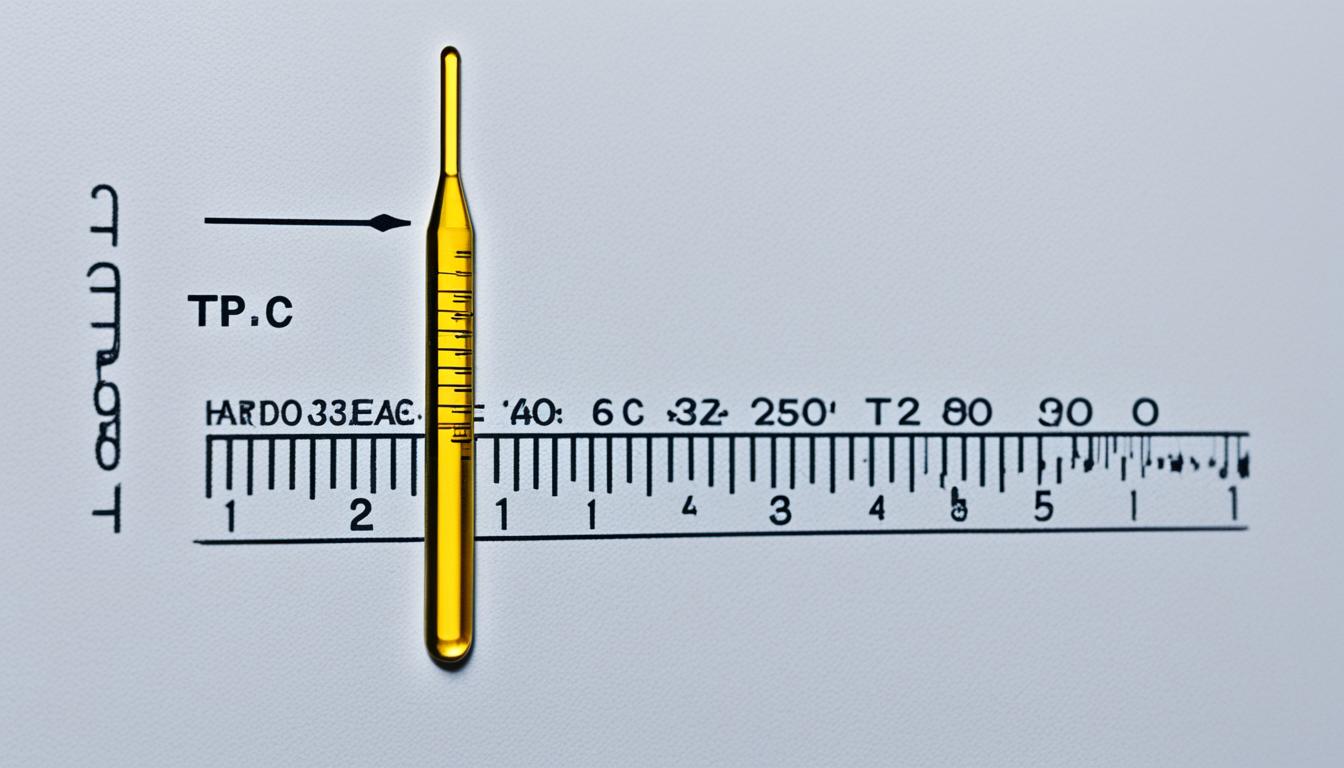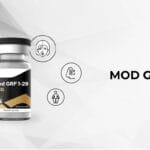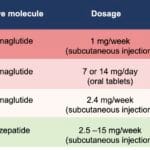Wondering if 1ml of testosterone a week is enough? It’s a common question for those considering Testosterone Replacement Therapy (TRT). This comprehensive guide breaks down how testosterone dosage works, why a personalized approach is crucial, and what to expect when working with a doctor to optimize your hormone levels.
Decoding Testosterone Dosage
So, is 1ml of testosterone a week enough? The simple answer is: it depends. One milliliter is merely a volume, like a teaspoon. It’s the concentration of testosterone within that 1ml that truly matters. A 1ml dose of a 200mg/ml solution delivers twice the testosterone of a 1ml dose of a 100mg/ml solution. This is why understanding the difference between milliliters (ml) and milligrams (mg) is paramount.
Why Individualized Treatment is Key
Just like shoe sizes, testosterone dosages aren’t one-size-fits-all. Your optimal dose depends on a complex interplay of factors: your age, current testosterone levels, symptoms, overall health, and even genetics. Some men may thrive on 1ml of a specific concentration per week, while others might require more or less. There’s no magic number.
Navigating the TRT Journey with Your Doctor
Embarking on TRT is a journey best navigated with a qualified healthcare professional. Your doctor will order blood tests to assess your baseline testosterone levels. If levels are clinically low, they might suggest TRT, likely starting with a lower dose (perhaps that commonly cited 1ml of a specific concentration) and adjusting based on your response and regular bloodwork. This ongoing monitoring is crucial for safe and effective therapy.
Finding Your Optimal Testosterone Dosage
How much testosterone is right for you? It’s a question best answered through personalized medical guidance. While 1ml per week is often a starting point, it’s the concentration of testosterone within that 1ml that truly dictates the dosage.
Understanding Milliliters and Milligrams
Think of it like brewing coffee: 1ml is your scoop, but the strength depends on how much coffee grounds you use. A 1ml dose of a 200mg/ml solution delivers double the testosterone compared to a 1ml dose of a 100mg/ml solution. This distinction is vital.
The Importance of Personalized Dosing
Testosterone dosages are not universal. Factors like age, current testosterone levels, symptoms, and overall health all contribute to finding your optimal dose. Your doctor will use blood tests and your feedback to fine-tune your treatment plan.
The TRT Adjustment Process
Starting TRT is like tuning a musical instrument. Your doctor may begin with a baseline dose (possibly 1ml of a specific concentration), then adjust based on your bloodwork and how you’re feeling. This ongoing monitoring is essential, as your body’s needs can change over time.
Partnering with Your Doctor
Your doctor is your essential partner in navigating TRT. They’ll interpret your blood test results, assess your symptoms, and create a personalized plan. Open communication is key to a successful TRT experience.
Dosage Frequency and Your Body
While weekly injections are common, some men benefit from smaller, more frequent doses to maintain stable hormone levels. This is another area where close collaboration with your doctor is essential.
Holistic Health and TRT
TRT often works best alongside a healthy lifestyle. Regular exercise, a balanced diet, quality sleep, and stress management can all contribute to optimizing your hormone health.
Important Reminder: This information is for educational purposes only and does not constitute medical advice. Consult a qualified healthcare professional before making any decisions about hormone therapy.
Is 1ml of Test a Week Enough? A Personalized Perspective
The question of whether 1ml of testosterone per week is “enough” is more nuanced than it seems. It’s not solely about the volume (1ml) but the concentration of testosterone within that volume. 1ml of a 100mg/ml solution is vastly different from 1ml of a 250mg/ml solution.
Individual Factors in Testosterone Dosage
Each person is unique. Factors like age, activity level, diet, sleep, and genetics influence your body’s testosterone needs. 1ml of a particular concentration might be ideal for one individual but insufficient or excessive for another. There’s no universal answer.
The Goal of TRT: Restoration, Not Enhancement
TRT aims to restore healthy testosterone levels, not to create superhuman levels. If your levels are already normal, adding more testosterone is unlikely to produce significant benefits and may even pose risks.
Finding Your Right Dosage: A Collaborative Process
Determining your ideal testosterone dosage begins with a consultation with your doctor. Blood tests will assess your current levels. If they’re low, your doctor might recommend TRT, starting with a lower dose (potentially less than 1ml) and gradually adjusting based on your bloodwork and how you’re feeling.
Ongoing Monitoring and Lifestyle
TRT requires ongoing monitoring. Your testosterone needs can change over time due to aging, lifestyle changes, or other factors. Regular blood tests and doctor visits are essential. Furthermore, healthy lifestyle choices—diet, exercise, sleep—significantly impact your body’s response to TRT.
Important Reminder: Testosterone therapy should always be supervised by a qualified medical professional. Never self-treat.
| Factor | Importance |
|---|---|
| Concentration | Determines the actual dose of testosterone delivered per 1ml. |
| Individual Needs | Dosage varies based on age, metabolism, genetics, and other factors. |
| TRT Goal | To restore healthy testosterone levels, not to enhance them artificially. |
| Monitoring | Regular bloodwork and doctor visits are crucial for safe and effective TRT. |
| Lifestyle | Diet, exercise, and sleep can impact TRT effectiveness. |
It’s important to understand that the science around hormone therapy is continually evolving. Ongoing research suggests that certain factors may impact testosterone levels more than previously thought. There is also ongoing debate about optimal TRT administration and monitoring. Stay informed, ask questions, and collaborate closely with your doctor for personalized guidance based on the latest medical knowledge.
How Long Does a 1ml Vial of Testosterone Last?
The lifespan of a 1ml testosterone vial depends entirely on your prescribed dosage and injection frequency. It’s like asking how long a tank of gas lasts – it depends on how much you use.
Dosage and Vial Lifespan: Understanding the Relationship
If your prescribed dose is 100mg per week and your vial contains 100mg/ml, the vial will last one week. If your prescription is 200mg per week using the same concentration, the vial will last only half a week. If your dose is 0.5ml per week, the 1ml vial will last two weeks. The frequency of injections doesn’t change the total amount used.
Personalized Dosages and the Importance of Medical Guidance
Testosterone dosages are highly individualized. Factors like age, underlying health conditions, and specific symptoms influence the appropriate dosage. Your doctor will consider all of these factors to create a tailored treatment plan. Regular blood tests provide a baseline understanding of your current levels and guide dosage adjustments.
Calculating Vial Lifespan: A Simple Formula
- Know your concentration: Look for the mg/ml information on the vial label (e.g., 100mg/ml, 200mg/ml).
- Calculate per injection: Divide your prescribed dose by the concentration (e.g., 100mg dose / 200mg/ml concentration = 0.5ml per injection).
- Determine vial lifespan: Divide the total vial volume (1ml) by the volume per injection (e.g., 1ml / 0.5ml = 2 injections).
Proper Storage and Safety Precautions
Store testosterone according to your pharmacist’s instructions to maintain its effectiveness. Never reuse vials, as this can increase the risk of infection. If you have concerns about injections, discuss them with your doctor or nurse.
Cost Management and Open Communication
Understanding your dosage and vial lifespan helps you budget effectively for TRT. Open communication with your healthcare provider is crucial throughout your TRT journey.
One final, and very important, point: This information is for educational purposes only and does not substitute professional medical advice. Always consult with a qualified healthcare provider for any health concerns or before making any decisions related to your health or treatment. They can provide personalized guidance based on your individual circumstances.
- Jerry McSorley’s Post-Divorce Life: New Beginnings - July 16, 2025
- The Rise and Fall of the New Haven Nighthawks: A Minor League Hockey Legacy - July 16, 2025
- Unlock Jerry McSorley’s Career Highlights: Eye Tax Inc.’s Solar Success - July 16, 2025
















